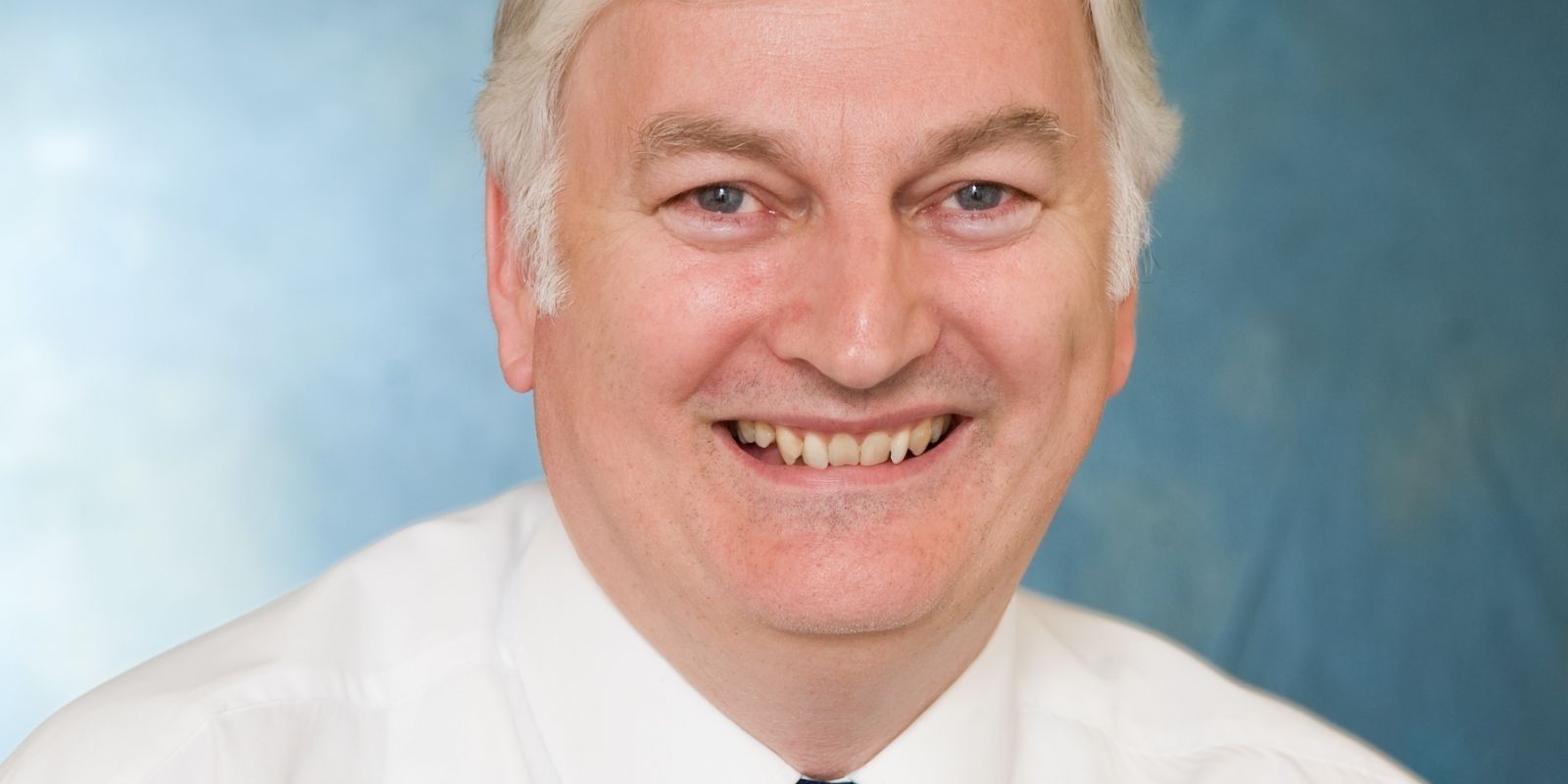Energy Sector Progress
NewsDuncan Botting, Chair of the LEP's Energy Council, reviews progress in the energy sector
Sector Update from Duncan Botting, Chair of the LEP’s Energy Council and Group CEO of Global Smart Transformation Ltd.
Owing to Covid-19, low electricity demand alongside the much higher than usual penetration of renewables in the energy network has presented a challenge for network operators.
Conversely, this has also resulted in a rehearsal for the 2025 coal-free target, helping to achieve new protocols for energy management, accelerating the launch of new products and services, providing new opportunities for industrial and personal energy choices and management options, and preparing for the long-term increasing presence of renewables in the system.
Interventions that achieve purely the coal phase-out will not be sufficient alone to reach net zero, which requires wider societal change, and the sector is reflecting on how changes brought about by Covid-19 can now be built on to reach the 2050 target.
While Covid-19 is refocusing certain goals, the importance of delivering on the net zero 2050 target remains critical, while also representing a huge opportunity for economic recovery post-Covid and an opportunity for local societal engagement across the different locations in our region.
Now firmly embedded with our Local Industrial Strategy, Greater Lincolnshire will use its distinctive rural aspect and nationally significant local infrastructure assets to become a test bed for how emerging energy technologies can be applied to rural areas. This will allow Greater Lincolnshire to establish new energy assets as the country transitions to a net carbon zero economy, taking advantage of its role as an energy disruptor through the test bed concept. It will help unlock growth as businesses in Greater Lincolnshire’s energy industry can build their capacity and knowhow and export the knowledge and innovation globally.
As part of the Government's Getting Building Fund, in August we successfully secured £4.4m funding towards the Killingholme Pumping Station on the ABLE Marine Energy Park, which will allow further development and investment on the south Humber bank by protecting industrial land from flooding and facilitate further development of the south Humber bank, creating 1,500 new jobs. Read the full story here.
Alongside this, Greater Lincolnshire continues to support the expansions of the offshore wind supply chain, supported by the Offshore Wind Energy Catapult, and to unlocking the potential for cluster development in the Offshore Wind Sector Deal. This includes targeted support to SMEs through the Business Lincolnshire Growth Hub, a growing portfolio of sites and purpose-built facilities, and access to established sector networks.
Partnership work also continues apace with energy-intensive industries, the transport sector, and other potential large-scale users to develop the demand required to support blue and green hydrogen production and distribution. These partnerships also support the building of coalitions between companies to further develop hydrogen opportunities with energy intensive industries, to develop the demand required to support hydrogen production and distribution, and to build and cement coalitions between companies to further develop evolving hydrogen opportunities.
Next Steps
- Redevelopment of the Theddlethorpe gas terminal, moving to carbon-neutral energy production and guaranteeing long-term employment and clean energy
- Supporting the bid to Government for decarbonisation of the Humber estuary industrial cluster, bringing forward proposals for carbon capture, usage and storage, and industry hydrogen fuel switch concepts
- Support the Greater Lincolnshire energy test-bed proposal
- Establish an umbrella task force to build a coherent strategy and enabling framework to deliver Local Area Energy Plans
- Work towards becoming the UK’s largest manufacturer of offshore wind components
- Work with Anglian Water, the Environment Agency and others to develop an integrated water supply and flood risk management approach
- Work with ports, agriculture, food processing and logistics, town plans, enterprise zones and tourism sectors to help deliver integrated future energy needs
- Deliver a digital strategy to unlock data constraints and help liberate the energy delivery, management and operations both locally and nationally
- Focus on skills, competencies and knowledge and leverage experience to foster the local workforce to deliver the ambition outlined above
Duncan is Chair of the Greater Lincolnshire LEP Energy Council and Group CEO of Global Transformation Limited. He was voted one of the top 40 influencers in Europe on smart grids in 2014 and he continues to shape future thinking and deployment across the energy, telecomms, technology and future cities sectors by challenging approaches to benefit societal outcomes.
To read his biography and find out more about the work of the Energy Council click here. We would like to take this opportunity to thank this strategic board for their contribution to this important agenda.


